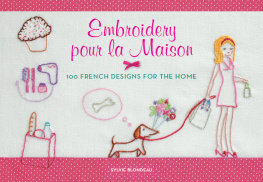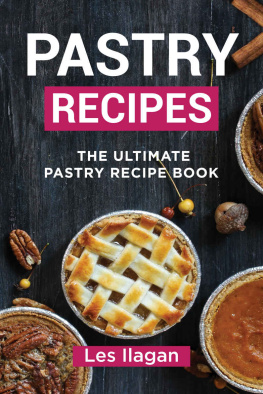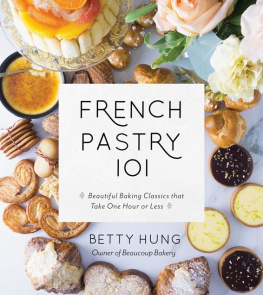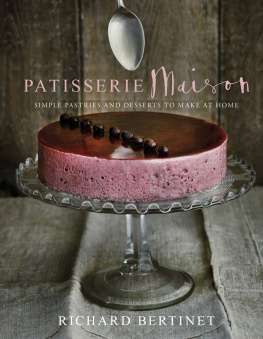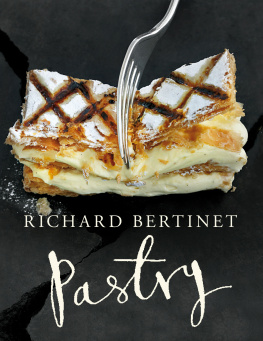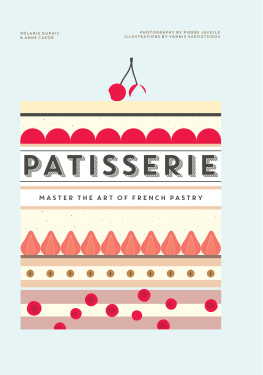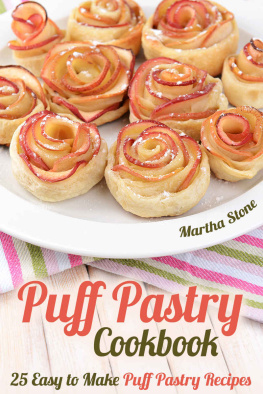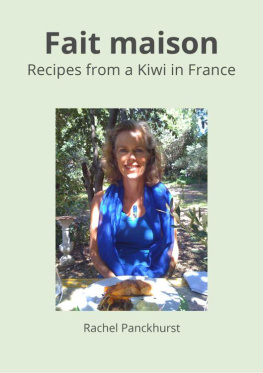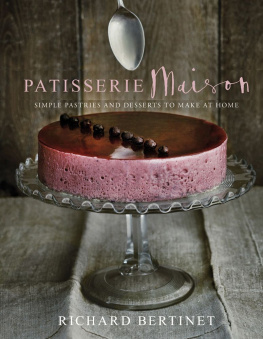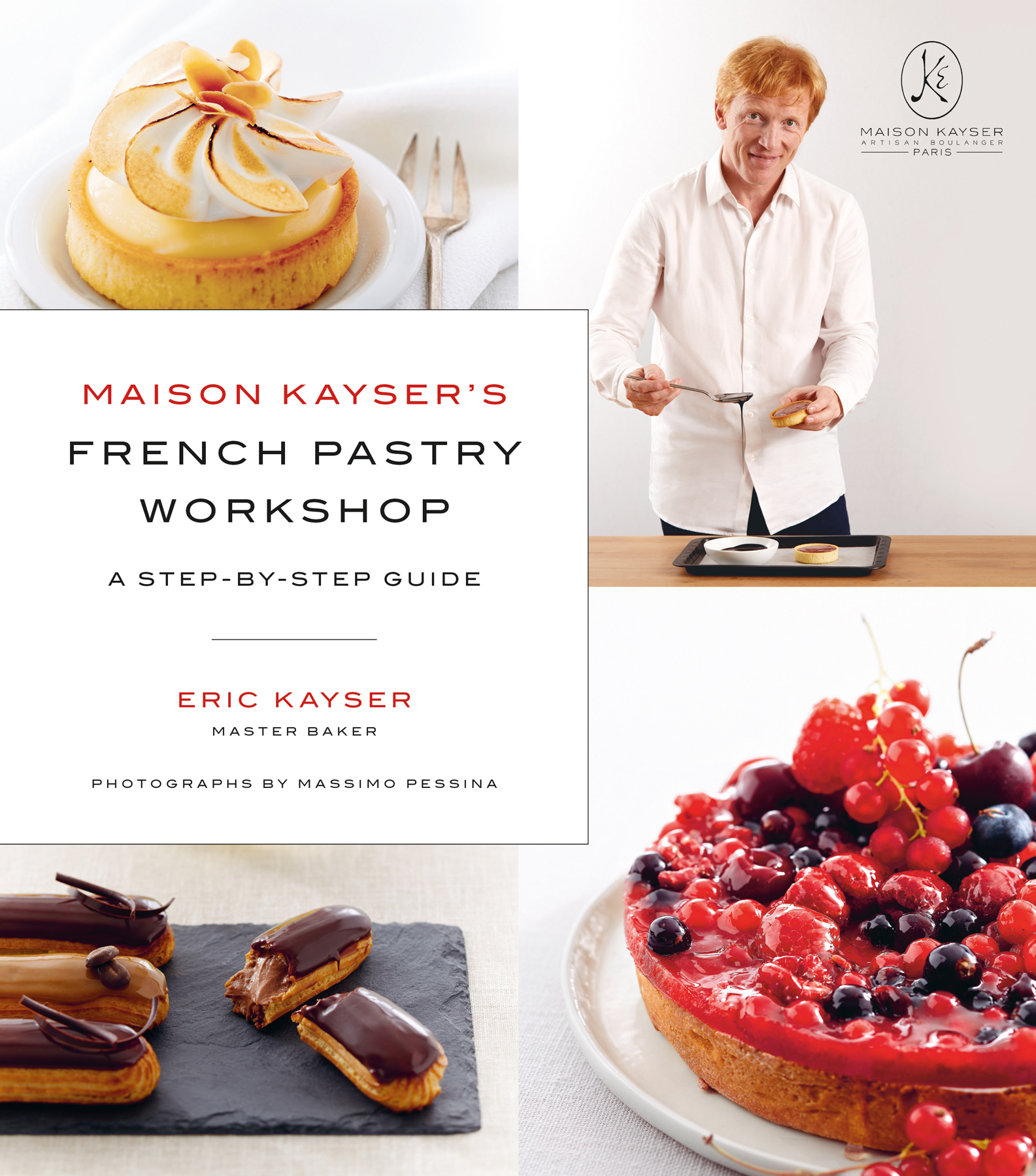Translated by Zachary R. Townsend
Cover copyright 2017 by Hachette Book Group, Inc.
Hachette Book Group supports the right to free expression and the value of copyright. The purpose of copyright is to encourage writers and artists to produce the creative works that enrich our culture.
The scanning, uploading, and distribution of this book without permission is a theft of the authors intellectual property. If you would like permission to use material from the book (other than for review purposes), please contact permissions@hbgusa.com. Thank you for your support of the authors rights.
Black Dog & Leventhal Publishers is an imprint of Hachette Books, a division of Hachette Book Group. The Black Dog & Leventhal Publishers name and logo are trademarks of Hachette Book Group, Inc.
The publisher is not responsible for websites (or their content) that are not owned by the publisher.
The Hachette Speakers Bureau provides a wide range of authors for speaking events. To find out more, go to www.HachetteSpeakersBureau.com or call (866) 376-6591.
In 1996, I opened my first boulangerie in Paris on rue Monge. Little did I know then that it would be one of the premier places in the world for great bread. It had been my desire to share these yeast-leavened breadswith their fragrance of toasted grains, and whose flavors I associate with my childhoodwith everyone. And since that first boulangerie, I have never stopped imparting my expertise for bread-making, from Paris to Tokyo, New York to Singapore, with the goal of making excellent, beautiful, and real bread accessible to all those who have an appreciation for great food.
This desire to share and teach is the raison dtre of Les Compagnons du Devoir, a centuries-old artisans guild in France to which I belong, dedicated to the sharing of ones craft through training. These principles have always stayed with me, from the boulangerie school where I was an instructor to the core values of the Maison Kayser bakeries. Learn and teach could be my motto, because I view every day as an opportunity to be either pupil or teacher.
This book is a representation of this philosophy. What I have learned I hope to pass on to the greatest number of people. Through these recipesboth simple and complexI offer passionate bakers the means to satisfy their gourmet cravings. Whether as a treat to enjoy alone or to share with others, there is something here for all tastes! Loaves, tarts, financiers, cookies, macarons, and madeleines are easy-to-make items to take with you to the office or on a picnic, while elaborate desserts such as Fraisier, Opra, Charlotte, Mille-Feuille, and Saint-Honor are elegant finishes to meals with friends and family.
My wish is that this book will serve as a simple tool that will, step by step, guide those who want to create from their own hands something sweet for sharing and out of friendship. And, so that everyone can enjoy these pleasures, I have included a chapter of gluten-free recipes.
So, for all bakersyoung or old, expert or amateurlets begin happiness awaits at the tip of your spatula!
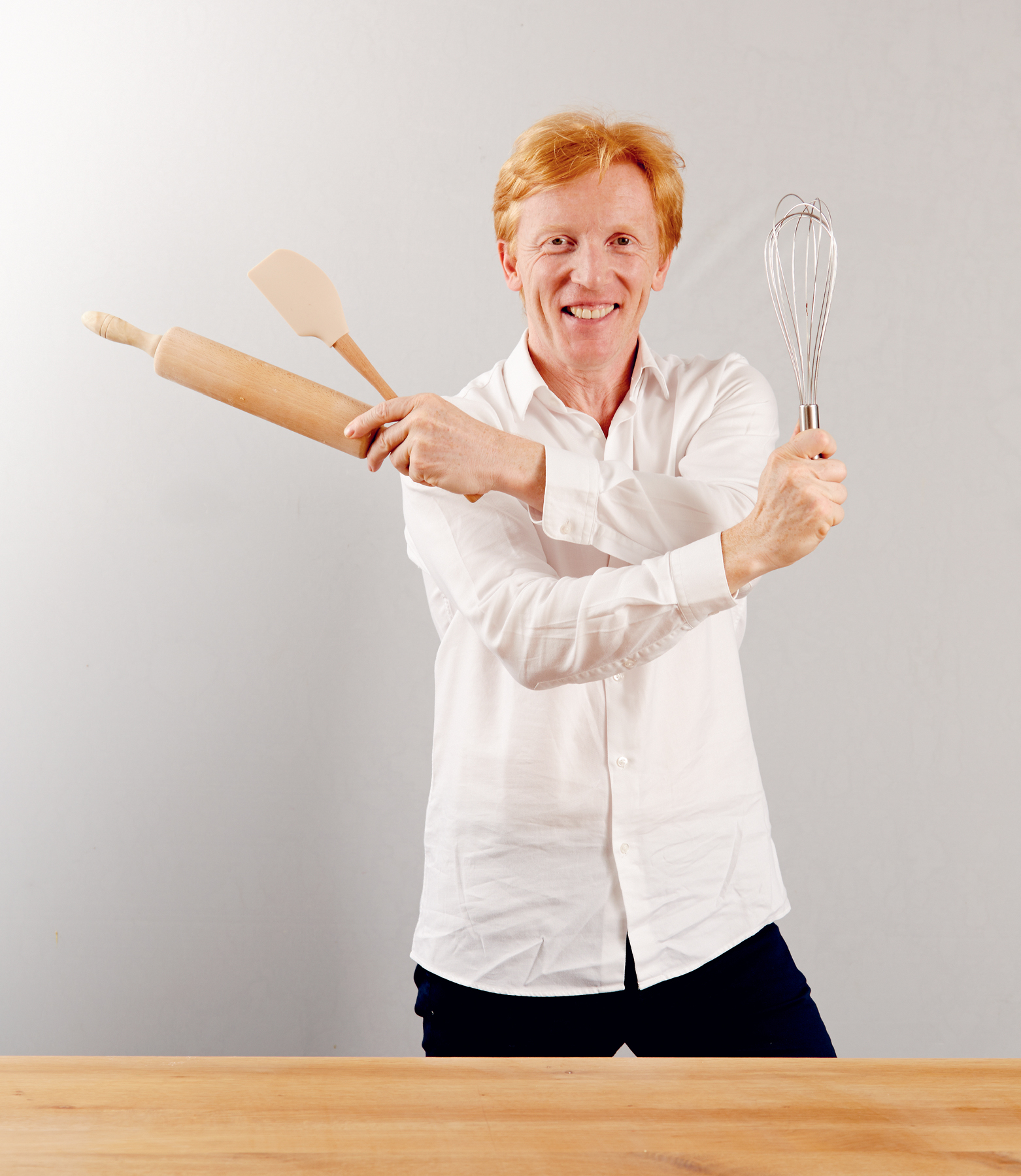
Our recipes were adapted so that they could easily be made at home. They range from the simplest cookies and loaves ideal for snacking and making with children to the most elaborate cakes perfect for celebrations or holidays with family. And, if while thumbing through this book you have a sudden craving for madeleines or chouquettes, here are several important points to keep in mind before donning your apron.
Cake Molds and Pans
This is an important point that bears repeating: High-quality cake molds and pans are worth the investment!
Choose those made of stainless steel and always dry them thoroughly between uses (you can briefly place them in an already-warm oven) and routinely and generously grease them.
Nonstick pans are tempting to use, but you must be willing to treat them with tender carebe careful that someone does not slice the tart while its still in the pan or else risk scratches.
As for silicone molds, these are a matter of personal preference, but are not necessarily practical for large baked goods, especially when you forget to place them on a baking sheet before filling them. Whats more, unmolding a tart from a large silicone mold can be a tricky process. On the other hand, silicone molds are indispensable, even unmatched, for single-serving recipes such as financiers (see , carefully push up from the bottom of the mold using two fingers so that they pop out with ease. A silicone sheet pan with a depth of about inch (1 cm) is equally useful. To test the quality of silicone, discreetly scratch it with your fingernail; it should not leave a mark.
Do not use glass or ceramic pans when a crisp, browned crust is essential. Instead, keep these for other baked desserts, such as clafoutis.
Baking Sheets
When lined with parchment paper, a rimmed sheet pan (half-sheet, 13 x 18 inches, [33 x 46 cm] can be used for baking the sponge cakes in this book. For cookies and other items usually produced in batches, two rimless baking sheets are useful when you want to bake on two different oven racks at the same time.
Electric Mixers
If you make desserts and pastries often, a heavy-duty standing mixer is indispensable, preferably one with both paddle (flat) and whisk attachments. If you do not have a standing mixer, then a handheld mixer and a little extra time and arm endurance when mixing the ingredients will achieve the same result.
Immersion Blenders
This is a valuable tool for pureing, as its ability to produce a silky texture by perfectly emulsifying mixtures, such as creams containing gelatin or butter, is unrivaled.
Cake Rings
Without these essential tools (which until recently were only used by, and available to, professionals) constructing multi-layered cakes with delicate fillings would be nearly impossible, as they make unmolding easy. One adjustable round and/or square cake ring will bring a professional look to your Fraisier or Succs, making them ready for competition!
MISCELLANEOUS SMALL EQUIPMENT
The following tools are also essential for anyone serious about baking:
One or two silicone spatulas, one very soft and one semi-soft.
One or two whisks, ideally one large and one small.
At least two pastry brushes (made of silicone, or paintbrushes made of fine, natural bristles).
One of the brushes should be reserved for fatty mixtures. The brushes should be dishwasher safe.


